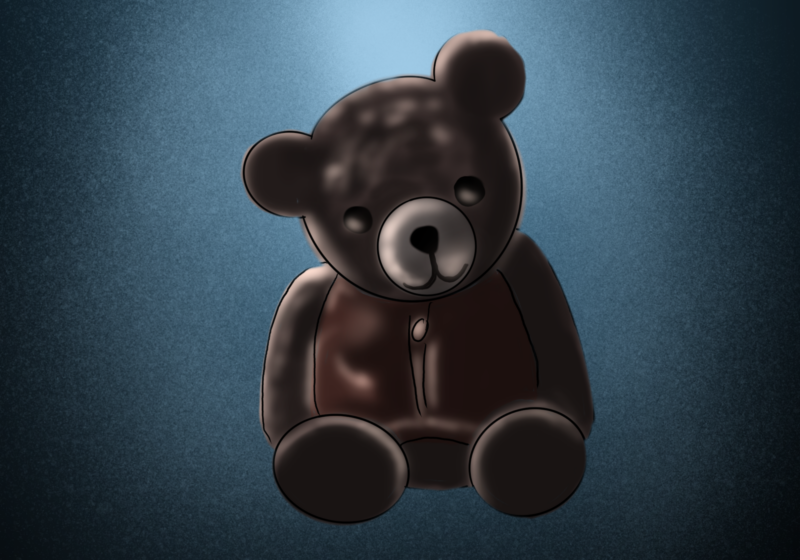For several years, director Spike Jonze labored to turn a beloved children’s book into a movie fit to show. Maurice Sendak’s ‘Where the Wild Things Are” proved tougher than planned, however. To start with, the book has roughly 10 sentences. And fashioning a message from a story that is left intentionally open to interpretation presents another problem. Then, of course, Jonze had to contend with the legions of sentimentally attached readers. That he created something beautiful is undeniable but more importantly, he captured the very spirit of angst and frustration so powerfully emoted in Sendak’s work.
The story starts once upon a time, when a young rascal named Max (aptly played by Max Records, who sets a new standard for child actors who don’t rely on their wide blue eyes I’m looking at you, Dakota Fanning) gets upset with his family and runs away. Dressed in a wolf costume, he sets sail for anywhere (or everywhere) and, after some time (or little time), arrives at a strange island. In its deep forests, late at night, Max discovers the Wild Things, monsters who tear and roar and gnash their terrible teeth, which are not that terrible in the movie. Chief among the Wild Things is Carol (impressively voiced by James Gandolfini), who we first see destroying the homes of the other Wild Things. When Carol complains about the others’ refusal to join him in troublemaking, Max unleashes his id and helps him out. The Wild Things soon make Max their king, and he decrees the beginning of a ‘wild rumpus.”
The voice actors including Paul Dano, Catherine O’Hara, Forest Whittaker and Chris Cooper work perfectly for their respective Wild Things. The creatures themselves are wonderfully rendered; Carol’s emotions seem more human than most humans’ do. The landscapes are suitably gorgeous and the plot contains no surprises. Humor is sparse and subtle when applied.
A 5-year-old could enjoy the movie, and that’s great. But this is not a children’s movie. It is as real as it is imaginary, and anyone expecting a sentimental joyride a la ‘The Polar Express” or ‘Jumanji” will be bitterly disappointed if not altogether bored. Max deals with issues well beyond his years and yet so painfully relevant: loneliness and loss, jealousy, anger, betrayal and, most burdensome, love. But like the book it came from, ‘Wild Things” is unexpectedly thought-provoking and possesses depth uncharacteristic of its medium.
‘Wild Things” is in a peculiar situation precisely because it is adapted from a short book, and it’s much more difficult to separate the two than it is for something like ‘Harry Potter,” where the book’s details need to be balanced against time. Jonze might have suspected that, because right from the beginning, he deviates from Sendak. Rather than Max’s room turning into the ocean on which he sets sail, Jonze’s Max climbs out the window and runs away until he comes to the ocean. Depending on your frame of mind (and most especially if you’re an English or psychology major), it could make a major difference.
Anyone worth their salt as a humanities major could write a good honors thesis on all the possible meanings and symbolism purposeful or accidental of ‘Wild Things.” Is Carol real or is he a manifestation of Max’s own anger? Is he a direct reflection of Max himself? Do Max and Carol arrive at some resolution? If the Wild Things are representations of Max’s emotions, does the idea that he is King Max express the idea that you can control your emotions? And since he is a phony king, does that mean there is no self-direction, meaning self-reflection is nothing but self-indulgence?
Take it as you want. Regardless, the powerfully scored, beautifully designed and splendidly executed psychological Wild rumpus that is ‘Where the Wild Things Are” does due justice to the work it’s adapted from, and then some.
Brenneman is a
Take Five Scholar.
artificial intelligence
The AI Divide: Creating a New Class System in Education
The conversation around AI in education isn't just about technology; it's about fairness and opportunity.
horror movie
“Imaginary” is an unimaginative horror flick
As a horror enthusiast, “Imaginary” was disappointing. I love the horror genre, but the film was just not scary. It…
Administration
Ceasefire and Divestment Resolution Passes SA
The SA Senate passed a resolution calling for the University’s Ethical Investment Advisory Committee (EIAC) to advocate for UR to…





